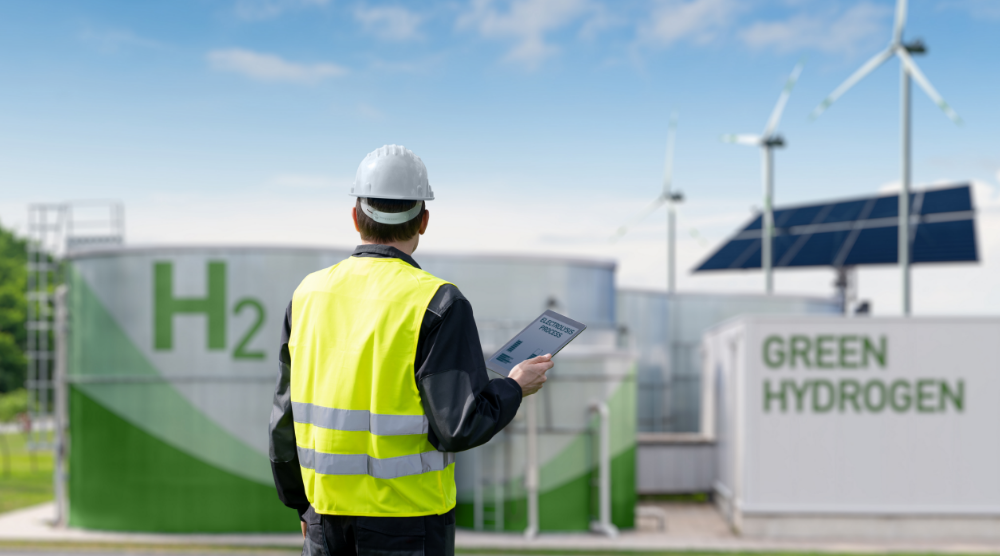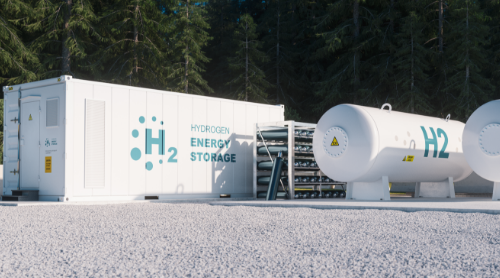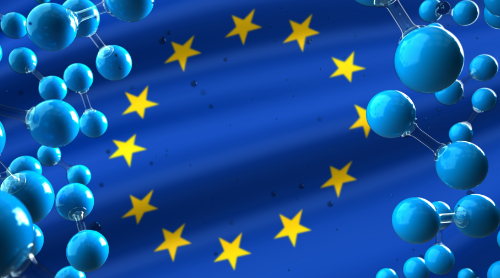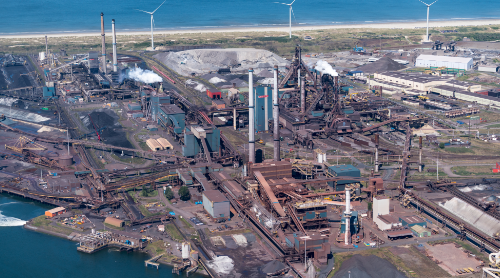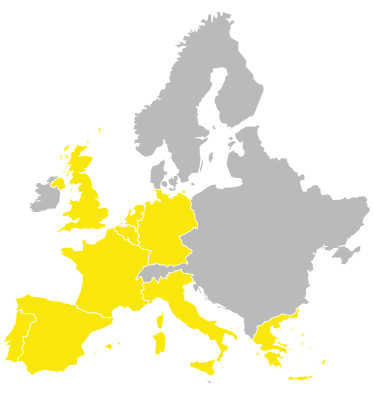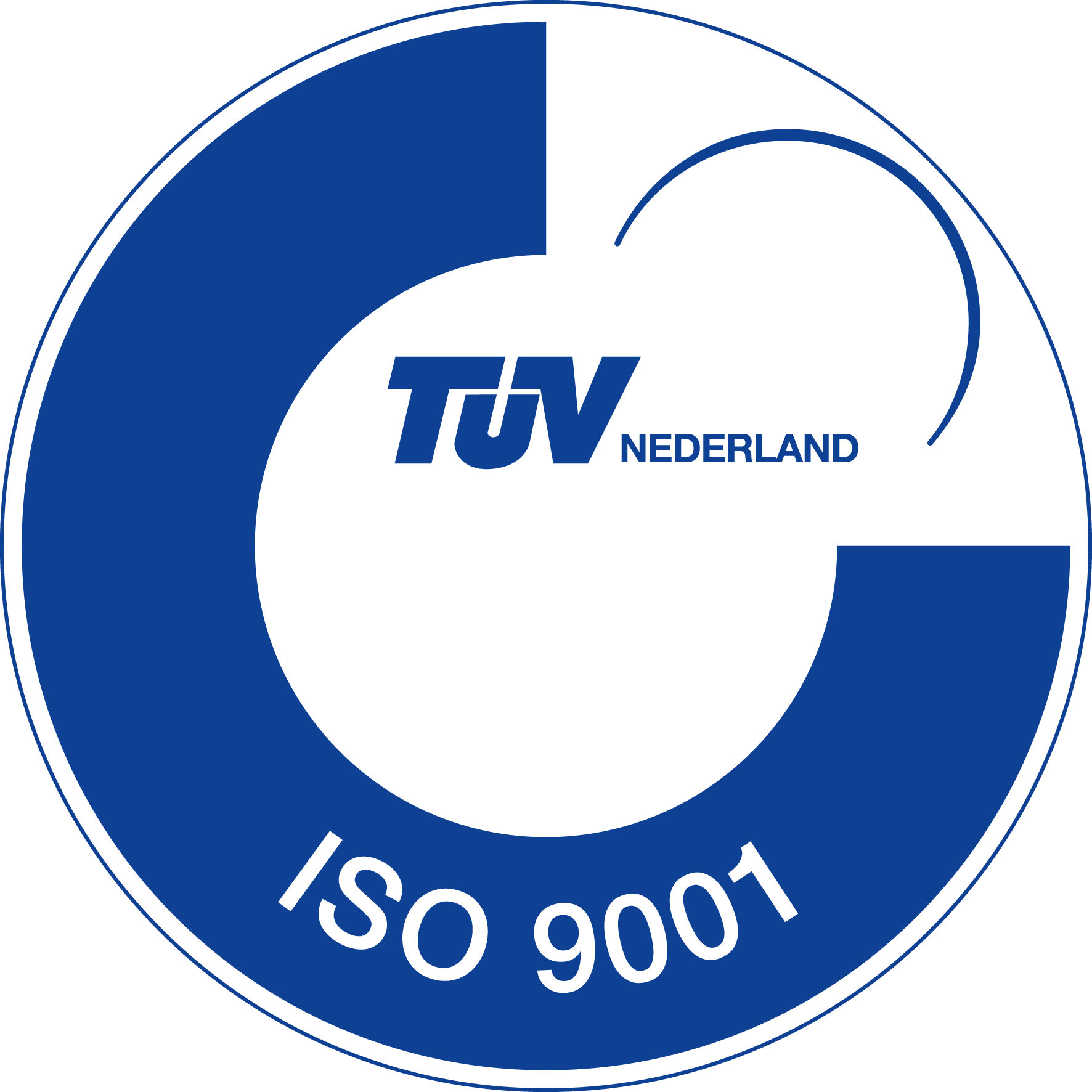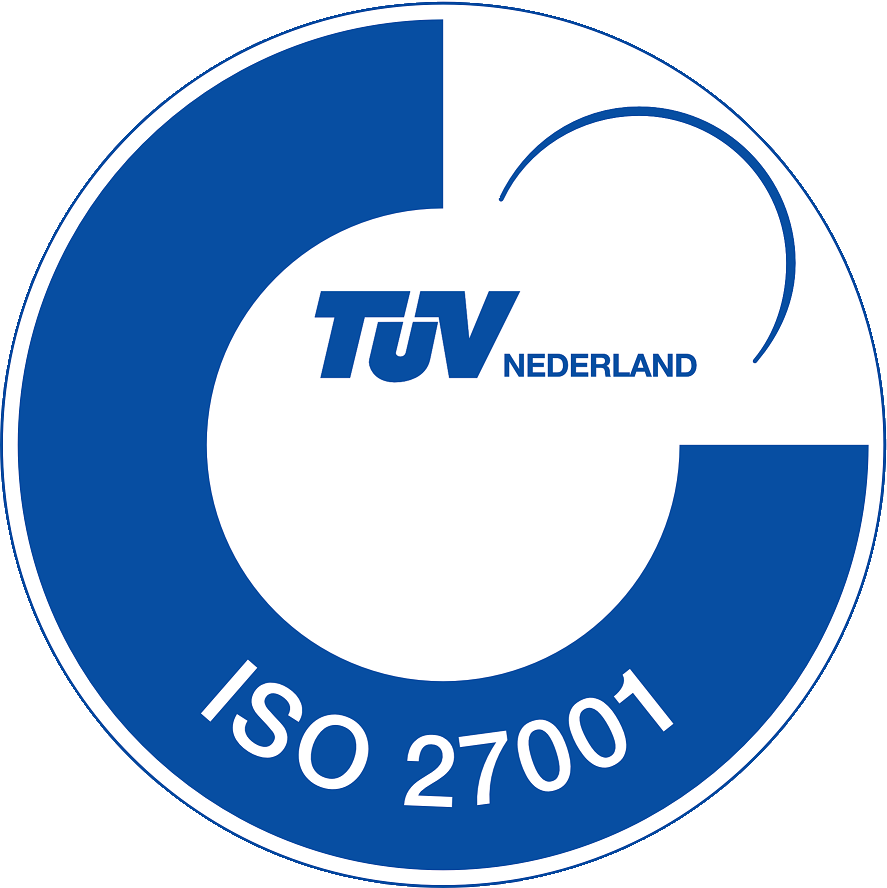Broad framework for renewable hydrogen
The binding definition proposed by the two legal acts is an important prerequisite for the market take-off of renewable hydrogen in Europe. Both legal acts work together and are part of a larger framework that also includes investments in energy infrastructure, state aid rules and legal targets for renewable hydrogen for industry and mobility.
Hydrogen is to be produced in addition
The first delegated act defines the conditions under which hydrogen and hydrogen-based fuels can be recognised as so-called RFNBO (renewable fuels of non-biological origin). Namely, when the electrolysers are connected to new plants for the production of electricity from renewable sources.
The goals behind this regulation are:
- to ensure that hydrogen production actually contributes to decarbonisation
- to prevent electricity generation from coming under pressure.
Temporal and geographical correlation
Hydrogen producers will be able to demonstrate in different ways that the electricity used for production complies with the additionality rules. The legislation also introduces criteria to ensure that renewable hydrogen is produced only at times and places when sufficient renewable energy is available (so-called ‘temporal and geographical correlation’).
The rules will be introduced in stages
In order to take account of existing investment obligations and to allow the sector to adapt to the new framework, the rules will be phased in:
- For hydrogen projects commissioned before 1 January 2028, the regulations provide for a transition period for additionality. This transition period corresponds to the period during which the number of electrolysers on the market will have increased.
- In addition, producers will be able to match their hydrogen production with their contracted renewables on a monthly basis until 1 January 2030.
- However, Member States will have the option of introducing stricter rules about time correlation as of 1 July 2027.
Voluntary certification system planned
With regard to counting towards the EU’s renewable energy targets, the requirements apply both to domestic producers and to producers from third countries who want to export renewable hydrogen to the EU. A certification system based on voluntary schemes will ensure that producers in the EU or in third countries can simply and easily demonstrate that they comply with the EU framework and can trade renewable hydrogen in the internal market.
Methodology for calculating greenhouse gas savings
The second delegated act sets out a methodology for calculating the life-cycle greenhouse gas emissions from RFNBO. The methodology takes into account the GHG emissions throughout the life cycle of the fuels. The methodology also clarifies how to calculate the greenhouse gas emissions of renewable hydrogen and its derivatives when they are produced in a plant where fossil-based fuels are also produced.
What happens next with the legal acts?
The Commission sent the two legal acts to the European Parliament and the Council in mid-February. They have two months to examine them and either adopt or reject the proposals. Upon request, the examination period can be extended by another two months. The Parliament and the Council have no possibility to amend the proposals. Click here for the official press release of the EU Commission.
PNO Consultants and renewable hydrogen
For more than thirty years, we have successfully applied for funding for relevant research as well as demonstration projects, pilot projects and large commercial scale projects in the chemical industry. Renewable hydrogen will enable the decarbonization of the chemical industry in hard to abate sectors. Do you have a green hydrogen project that complies with the definition of ‘renewable hydrogen’ set by the European Commission? Contact us now!
